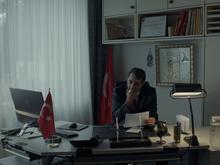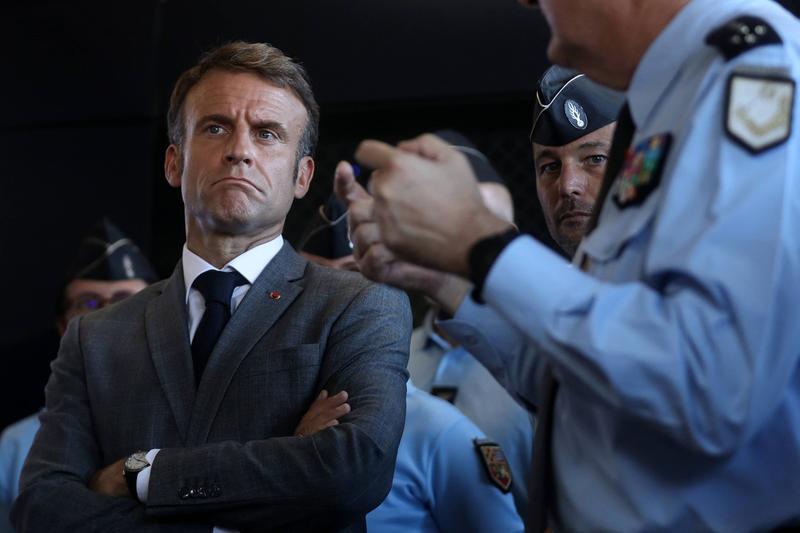The Bingöl family was just living in a district called Heweng, more than 4,000 kilometers away, in Urfa, a city in the south-east of Turkey. This is in the Kurdish settlement area.
Now home is lost. The Bingöls live in Paris and Istanbul. But their old region is also reflected in the names of the two adult children: Firat and Dicle are the Kurdish names of the two rivers that flow into the region from which they were expelled.
What does the new life in Paris have to do with the problems in Urfa? This question is the focus of the feature film “Bihar: Four Ballads for My Father” by Cemile Şahîn, which will be premiered this Wednesday at the Volksbühne in Berlin.
It is the start of a four-part series about the effects of political despotism on the life, everyday life and future of people who are affected by the large dam project in south-east Turkey.
The Bingöls are a Kurdish family who lived there until they were forced to leave their home and emigrate due to flooding caused by the government-initiated dam construction. The family is fictitious, but not their living conditions.
Flooding, forced resettlement, trauma
The CAP, which has been running since the 1980s (Güneydogu Anadolu Projesi, Turkish for Southeast Anatolia Project) includes hydroelectric power plants, irrigation systems, dams. According to the government, a canal system should contribute to controlled irrigation and an economic upswing. But many people are traumatized by the forced resettlement on site, others had to move away completely because of the flooding.
Instead of tracing the genesis of the politically motivated development project again, the Alevi-Kurdish director, writer and artist Cemile Şahîn, who was born in Wiesbaden, relies on profound characters and resonant language images.
One of the protagonists is a businessman in a managerial position in the Paris office of a Turkish textile company. Their cotton plantations are to be mentioned – as a film within a film – in a documentary by a French broadcaster about the effects of the GAP project.
Daughter arrested, father missing
The others are a family that once worked on these cotton plantations, now only consisting of the mother Leyla, the son Firat and the uncle Kazim, because the father Hasan disappeared into police custody and the daughter Dicle, criminalized by the state after four years in prison with a ban on leaving the country endures in Istanbul.
A setting that seems confusing at the beginning of the film, which nevertheless works out and rises to a great indictment against the oppression of the Kurds in Turkish history.
“I only forgive life, not people”
The Bingöls are a family with slumped shoulders and weary smiles. At some point you think you can see the broken hopes in the heavy eyelids and the fears for the future in the worn-out facial features when the son Firat (Baran Hêvi) says: “I only forgive life, not people”.
Life, says Leyla (Rugeş Kırıcı), Firat’s mother, is beautiful and sad at the same time. She understood life, she says in Kurdish, “Ez jiyane fam dikim”. The family also seems so authentic because their story is exemplary for many of the fates of displaced people in the region.
Video sequences of real protests from the past are repeatedly embedded in the game scenes. About rallies of the Kurdish population, which the police force to disperse.
Screaming women with children in their arms, police dogs, arrested youth. It is amazing how openly “Bihar – Four Ballads for My Father” criticizes the ecological and social consequences of the government project, which have been negated to this day.
To home page


